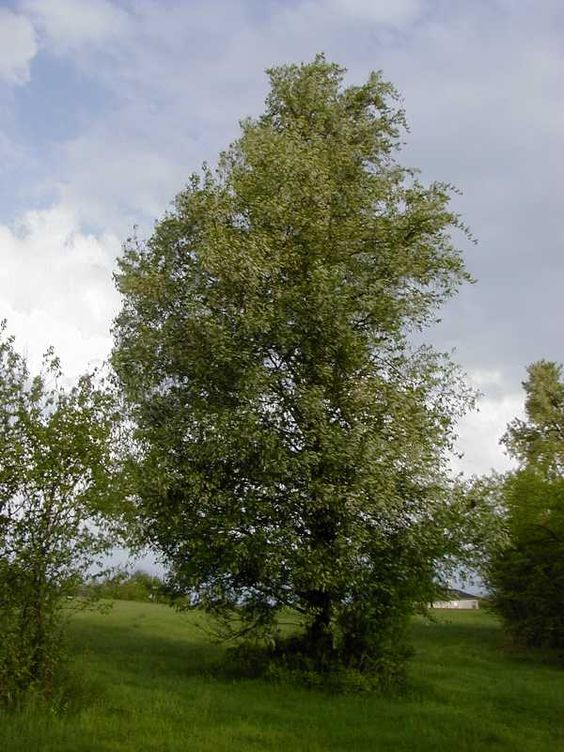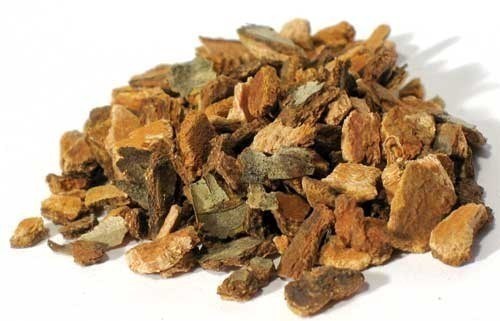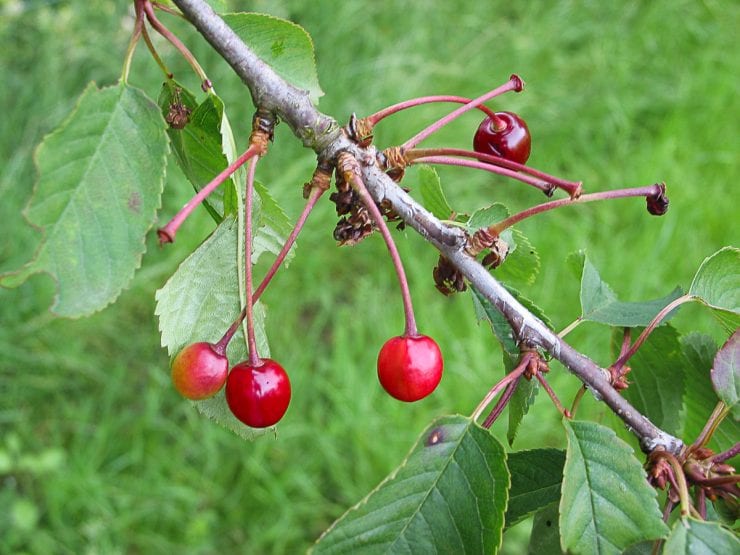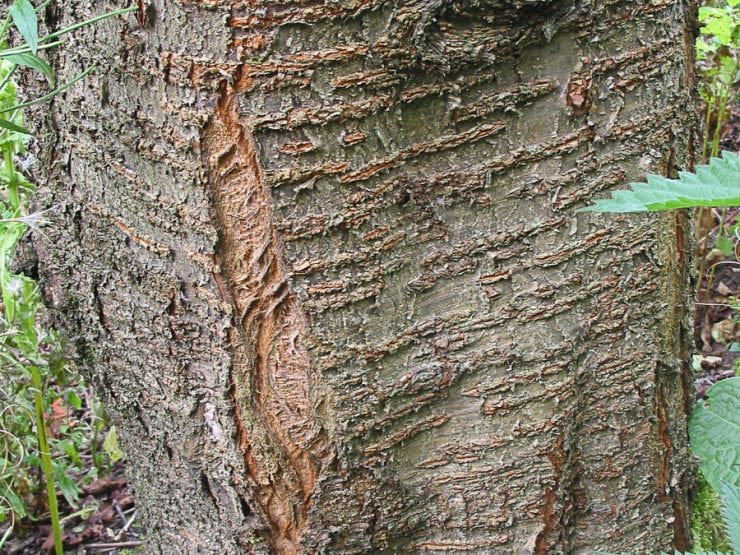- Pertussis, use with
Tussilago,
Marrubium and
Drimia
maritima- Squill.
- Nervous cough, use with
Lactuca, Mullein,
Inula and
Humulus.
- Nervous dyspepsia, use with
Marshmallow root,
Filipendula and
Chamomile.
[1] British Herbal Pharmacopoeia 1983 Published by the British Herbal Medicine
Association ISBN 0 903032 07 4.
[2] Herbal Materia Medica Course Notes For Diploma of Naturopathy and Diploma
of Herbalism Students by Lydia Mottram.
[3] Potter's New Cyclopaedia of Botanical Drugs and Preparations R.C.
Wren Revised by Elizabeth M. Williamson and Fred J Evans. First published in
Great Britain in 1988 and reprinted in 1989 and 1994 by the C. W. Daniel Company
Limited. 1 Church Path, Saffron Walden Essex. Published 1988 Printed and bound
by Biddles, Guildford ISBN 085207 1973.
Images
1.
landscapeofmeaning.blogspot.com.au
2.
mariposaherbs.com
3. and 4.
treegrowing.tcv.org.uk
by
The Conservation Volunteers
Inner Path can not take any responsibility for any adverse effects from
the use of plants. Always seek advice from a professional before using a plant
medicinally.  Prunus
serotina. Cerasus serotina Wild
cherry bark, Wild
black cherry, Virginian prune bark
Family: Rosaceae
Prunus
serotina. Cerasus serotina Wild
cherry bark, Wild
black cherry, Virginian prune bark
Family: Rosaceae


